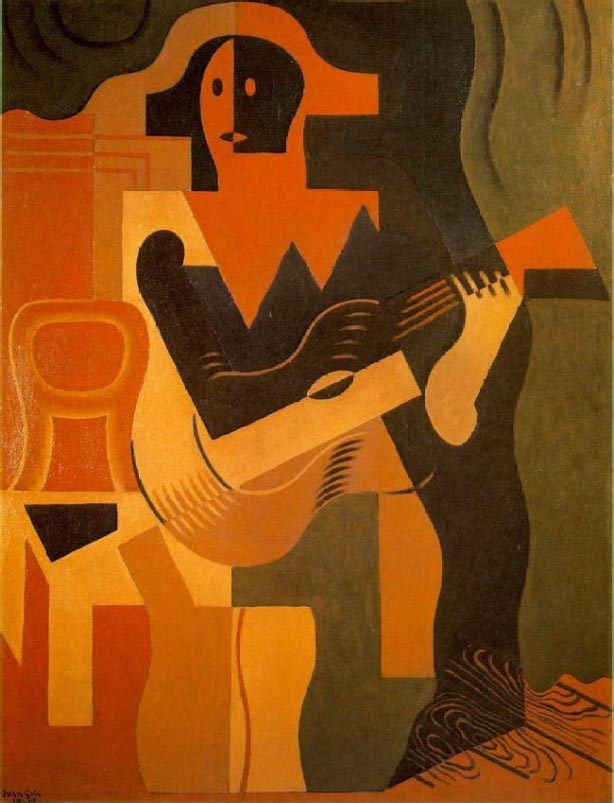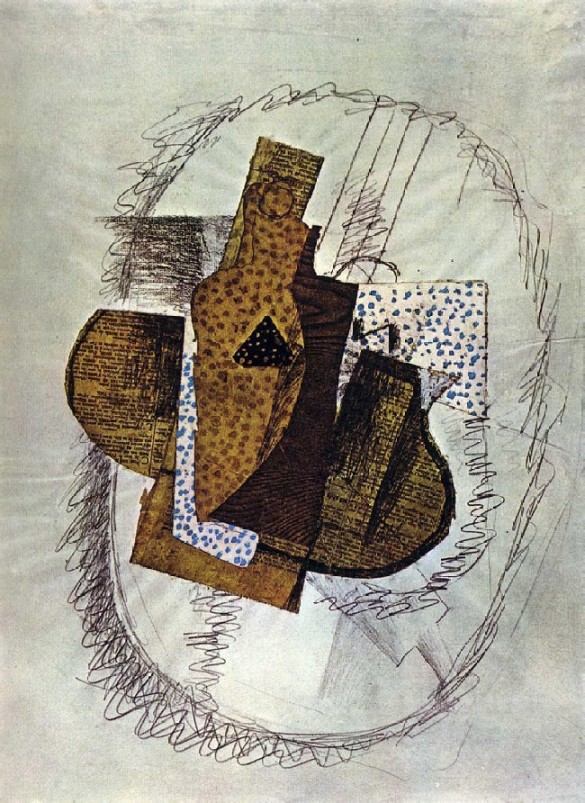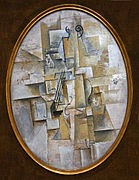Seeing Art, Feeling Direction
Hands are a Necessary Part of Teaching 2
Question 1 (10 marks)
“Cubist art depicts a subject from several angles all at once, often by fragmenting an image. The simplified planes and shapes can be deceptively complex in their relationship to one another. Possessing a sense of constant movement, the images are not symmetrical. But they often share a careful balance. “
Using the description above, draw a rough sketch in the Cubist style.
Question 2 (10 marks)
Using the description above, as well as the visual examples below, draw a rough sketch in the Cubist style.

Juan Gri

Georges Braques

Pablo Picasso
Clearly this is a much better way to learn, because our senses give us information that words cannot.
So it is with Alexander Technique and the kinaesthetic sense.
“Once I had experienced the kinaesthetic effect, the reward was so great that I tried to recapture it directly and to hang on to it when I had it. This proved self-defeating, however. It was the indirect effect of a psycho-physical process and could only be obtained by not trying for it. Its chief function in the learning process was to indicate by its presence that I was on the right track and to provide a background of feeling tone against which maladaptive response patterns could be recognized for what they were.”
Frank Pierce Jones
(Freedom to Change – chapter 2 p10)